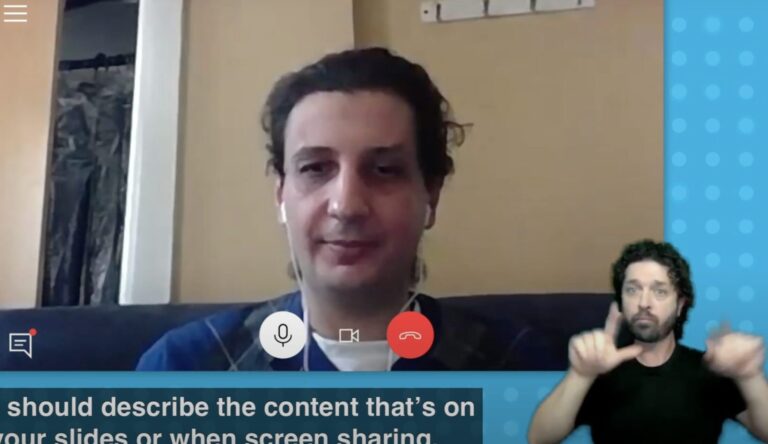Teaching to Transgress
Hooks notion of engaged pedagogy builds on critical pedagogy of the oppressed theories by expressly discussing the politics of engaging with the non-normative bodies in the classroom. She she also talks about the radial notion of “well being” in the classroom. This text offers educators pedagogical pathways toward anti-racist and anti-oppressive learning environments.

